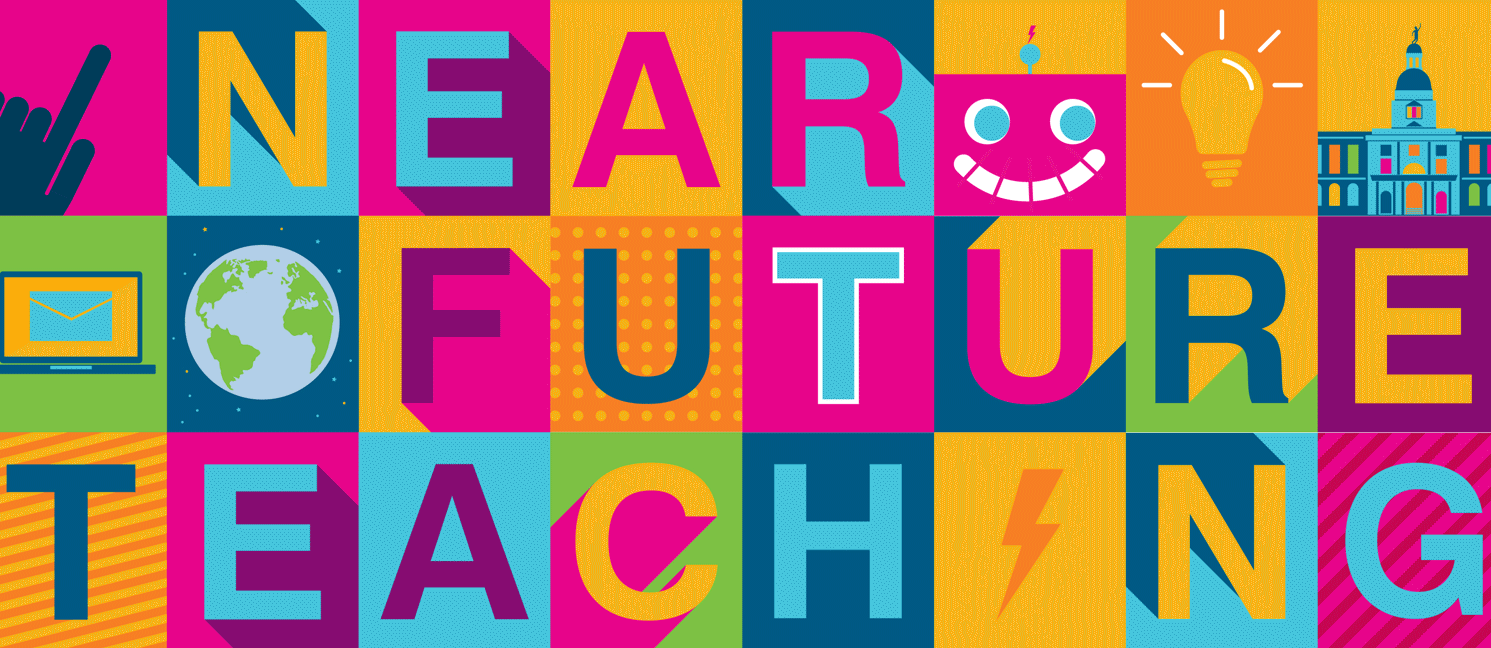 ‘Futures thinking’ has become popular over recent years as a way for institutions to understand the implications of rapid social and technological change. It is often defined as a form of ‘design thinking’ in which creative and speculative responses to change are co-developed across communities.
‘Futures thinking’ has become popular over recent years as a way for institutions to understand the implications of rapid social and technological change. It is often defined as a form of ‘design thinking’ in which creative and speculative responses to change are co-developed across communities.
Within universities there is a growing trend to apply this method to collaborative thinking about futures for teaching and learning, often as a way of understanding how digital shifts are re-shaping education. The most successful example of this to date has been the Stanford 2025 exercise conducted in 2015, which focused on the undergraduate student experience. There have been similarly interesting exercises at MIT and LSE/UAL. These projects are characterised by their focus on speculative, big ideas, and by collaborative approaches which engage with as wide a group of people as possible.
At Edinburgh we are conducting ‘futures’ work specifically on digital education, across undergraduate, postgraduate, on-campus and distance modes. The Near Future Teaching project aims to build on the work we have already done over recent years with our on-campus and online digital education by building a strong, creative vision which can inform strategy, policy and planning for the coming decade or more.
The project has a core aim to develop a creative, future-oriented vision for digital education at Edinburgh, by having an open, institution-wide conversation with students and staff, which focuses on values, curriculum and pedagogy, not only on technological change. Over 2017 we ran a large number of workshops to engage the university community and recorded 50 short interviews (‘vox pops’) with students and staff.
The outcomes from the workshops, and video edits of some of the key themes our community is considering are all available on the project web site. The example below shows students and staff talking specifically about distance education, discussing how they feel about online learning and how it could change the university in the coming decades.
 This work continues and there is a standing open invitation to all staff and students to volunteer to give an interview – if you would like to do this, please get in touch with the project research associate Michael Gallagher (Michael.S.Gallagher@ed.ac.uk), or get in touch with me as project lead (sian.bayne@ed.ac.uk). Your input is especially welcome over this coming semester!
This work continues and there is a standing open invitation to all staff and students to volunteer to give an interview – if you would like to do this, please get in touch with the project research associate Michael Gallagher (Michael.S.Gallagher@ed.ac.uk), or get in touch with me as project lead (sian.bayne@ed.ac.uk). Your input is especially welcome over this coming semester!


